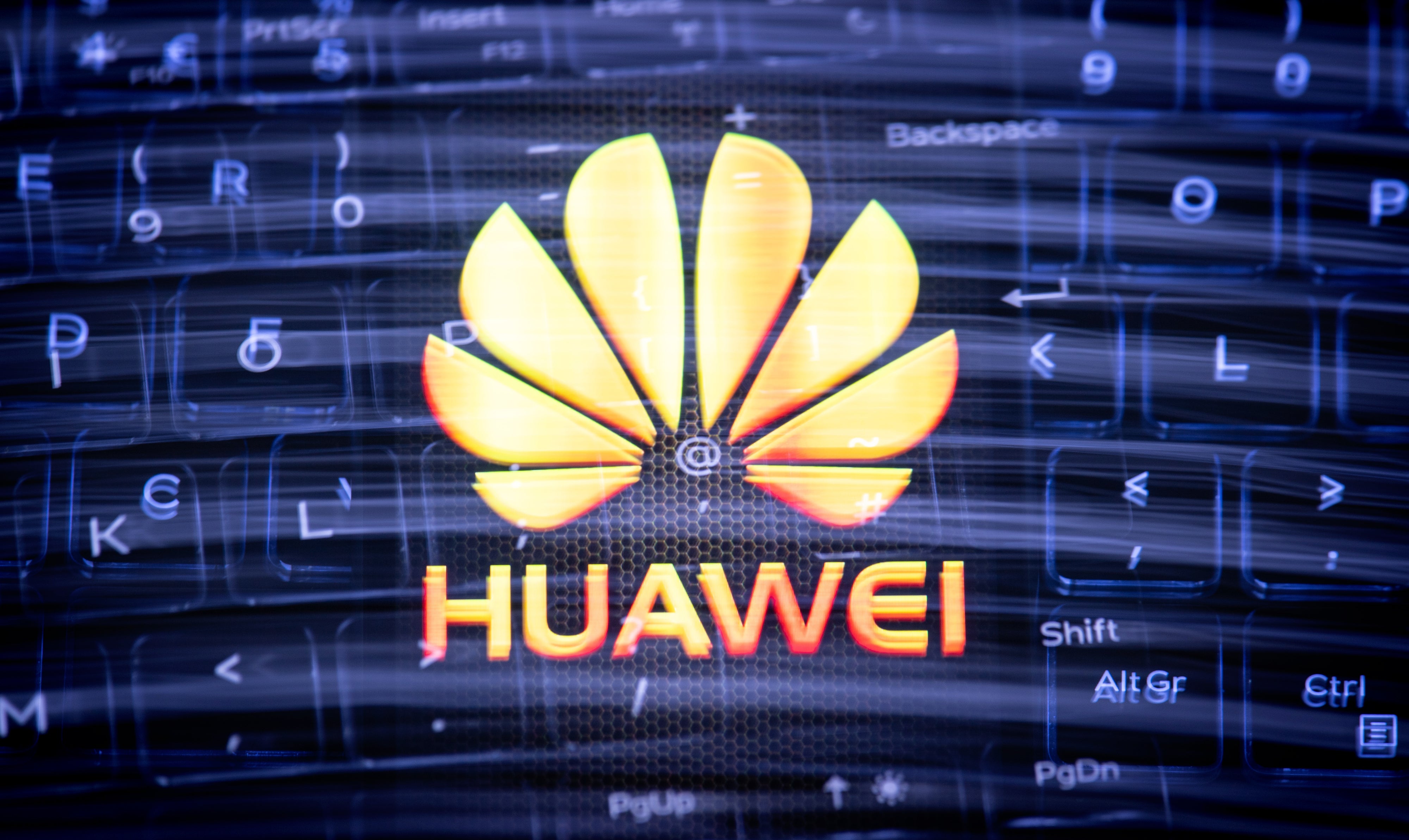Huawei pitched prison surveillance technologies for Chinese police, ‘confidential’ documents reveal
Technologies could identify humans by their voice, monitoring people of political interest, and manage ‘reeducation’ and schedules in prison systems

Chinese technology giant Huawei has allegedly been pitching technologies that could help authoritarian governments, such as identifying a human by their voice and monitoring people of political interest.
Marketing presentations marked “confidential”, seen by the Washington Post, also mention ideological reeducation, schedules for prisoners, and tracking retailers using facial recognition.
Over 3000 PowerPoint slides document surveillance projects co-developed by Huawei with other companies – some of which were sanctioned by the US Commerce Department in 2019 for human rights violations against Uyghur Muslims.
Some of the Chinese-language slides show specific surveillance functions for police forces or government agencies. Many of the slides were created in 2014, with the latest modifications being made in 2019 or 2020.
Voice recognition services would identify individuals after “extract[ing] or obtain[ing] the voice audio of the target,” possibly through “phone recordings” and “smartphone apps”. It is unclear if Huawei would be responsible for obtaining this audio, or if the customer would manage it.
Proposals for prison systems include video cameras, smart gates, and software for schedule management. Functions include “reeducation,” “manufacturing labor” and “analysis and evaluation of reeducation efficacy.”
Another Huawei slide proposes corporate monitoring, which would map employees’ movements and send an alert if they slept, left their desks, or used their phones. Cameras could also be used to monitor customer demographics in a store and count how many times that person returned.
“It identifies customers’ portraits as they walk by, such as gender, clothing, occupation, etc., and accurately delivers specific product introductions to different customers,” the presentation reportedly says.
“Huawei has no knowledge of the projects mentioned in the Washington Post report. Like all other major service providers, Huawei provides cloud platform services that comply with common industry standards. Huawei does not develop or sell systems that target any specific group of people and we require that our partners comply with all applicable laws, regulations, and business ethics”, it told The Independent.
“Privacy protection is our top priority and we require that all parts of our business comply with all applicable laws and regulations in the countries and regions where we operate.”
The Chinese Embassy said that Huawei “has long publicly expressed its readiness to sign a ‘no back door’ agreement and to set up a cyber security assessment center in any country to receive external scrutiny. So far, no other company has ever made the same commitment.”
Join our commenting forum
Join thought-provoking conversations, follow other Independent readers and see their replies
0Comments